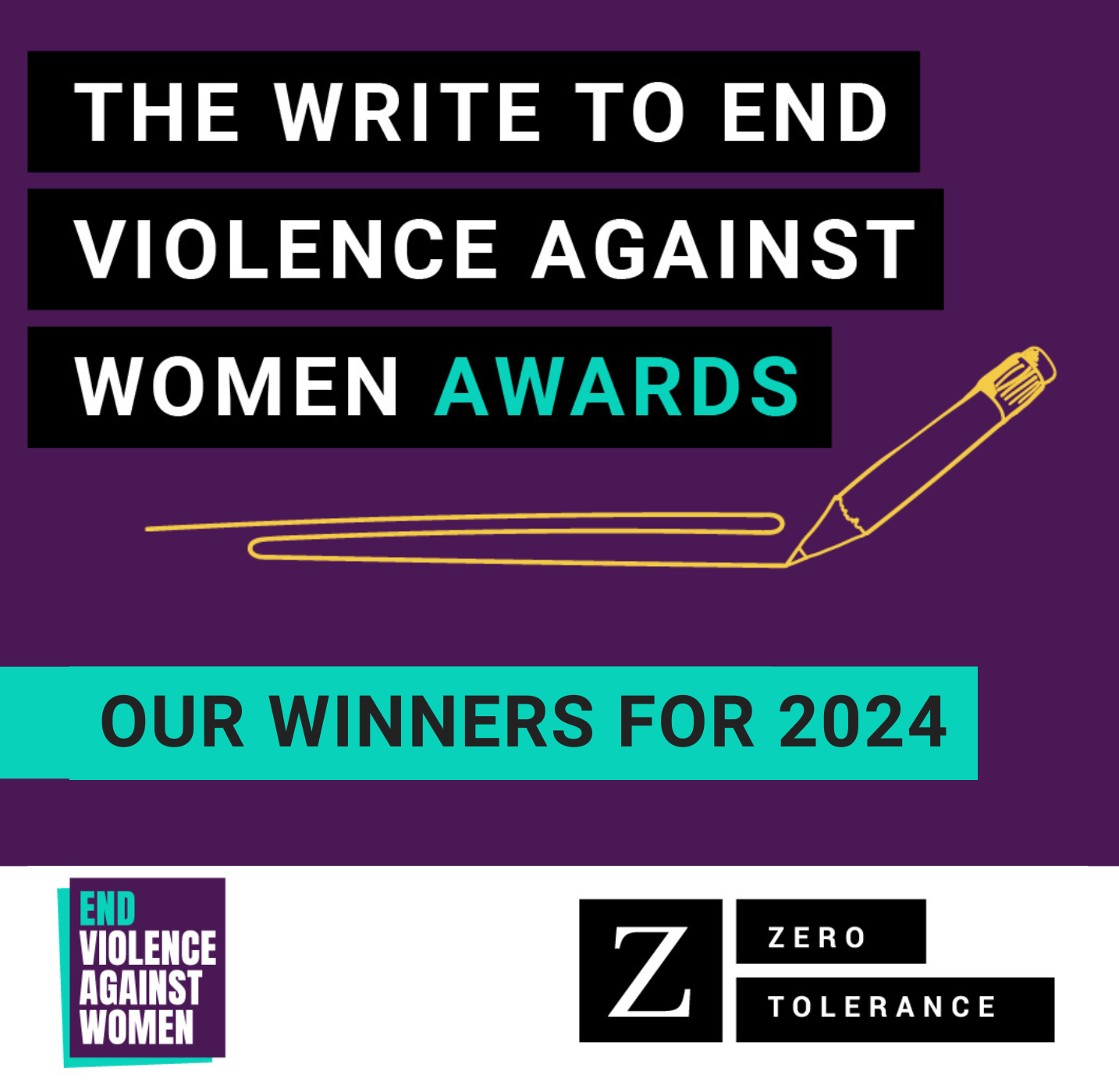 12 Dec
12 Dec
Today (29th November 2022), the Domestic Abuse Commissioner has published the findings of research mapping the provision of domestic abuse support across England and Wales, finding that the support and services available to victims and survivors does not meet the level of demand, and that a “considerable injection of long-term funding” is needed.
Highlighting the challenging and precarious situation for survivors of domestic abuse seeking support from an under-funded sector in high demand, the report finds that over a third of services (34%) reported that they were running services without any dedicated funding, and 27% had to cease services altogether due to lack of funding (this rose to 45% for ‘by and for’ services).
It also highlights stark inequalities in access to support for Black and minoritised, migrant, disabled and LGBT+ survivors, as well as the specialist ‘by and for’ services set up to support them – many of which are at risk.
These findings build on long-standing evidence from the violence against women and girls (VAWG) sector, particularly Imkaan, about service provision in the UK, and have emerged in the same month that EVAW joined a coalition of women’s organisations warning government about the need for action in the face of the cost of living crisis.
Demand for support to escape abuse is increasing in this economic climate, and already overstretched specialist services are being confronted with rising bills to operate their life-saving services – leaving women and children with fewer places to turn in their time of need.
As part of its research, the Domestic Abuse Commissioner’s office engaged with more than 500 service providers, 150 local commissioners and over 4,000 victims and survivors to obtain a thorough picture of the state of provision in England and Wales. Some key findings are:
Access to support
- Most victims were not able to access the support that they wanted, and there is a ‘postcode lottery’ for accessing specific types of support.
- Access to specialist ‘by and for’ support is incredibly difficult – only half (51%) of Black and minoritised survivors who wanted access to specialist support were able to access it. This fell to less than one in five (19%) for LGBT+ survivors and only 7% for Deaf and disabled survivors.
Needs of survivors and impact of support services
- Specialist services are effective in enabling victims and survivors to feel safer and more in control of their lives following abuse
- Victims and survivors need a range of different types of support to help them find safety and to recover from abuse. Counselling and therapeutic support was the most common response desired at 83%. Victims and survivors needs’ also vary across groups – for example over half (59%) of Black survivors sought refuge in comparison to a quarter (25%) of white survivors
- Specialist ‘by and for’ organisations are far more effective in supporting minoritised victims and survivors than other types of services. There is a stark difference in feelings of safety for Black and minoritised survivors who access a service led ‘by and for’ them, compared to another service.
- The independence of services is critical to build trust, and is highly valued by victims and survivors accessing support.
Organisations providing domestic abuse support across England and Wales
- A considerable injection of long-term funding is needed for services to meet the demand for support from survivors. Over a third of services (34%) reported that they were running services without any dedicated funding, and 27% had to cease services altogether due to lack of funding (this rose to 45% for ‘by and for’ services).
- Funding is often short-term and insecure, meaning services struggle to build capacity and plan for the future, affecting efficiency, service delivery, and recruitment and retention of staff. Over a quarter of organisations relied on a main source of funding that lasted less than a year – and this was particularly acute for ‘by and for’ organisations.
- There is a desperate lack of specialist ‘by and for’ support across England and Wales, with organisations critically and disproportionately underfunded.
- Most organisations who provide domestic abuse services (61%) have an annual income of less than £500,000.
The report contains a series of recommendations including a £263m fund over 3 years to support specialist ‘by and for’ services, and addressing the paucity of specialist counselling and therapeutic support.
Andrea Simon, Director of the End Violence Against Women Coalition (EVAW), said:
“The government must take heed of this ongoing crisis in the availability of domestic abuse support and fulfil its legal duties to ensure that all victims and survivors can find safety and access the support they need.
We urge them to take on board the Domestic Abuse Commissioner’s recommendations, giving particular attention to the urgency of expanding specialist provision ‘by and for’ Black and minoritised, migrant, disabled and LGBT+ survivors of abuse.”
ENDS
Recommended ARTICLES
 12 Dec
12 Dec
 25 Nov
25 Nov
 15 Nov
15 Nov

